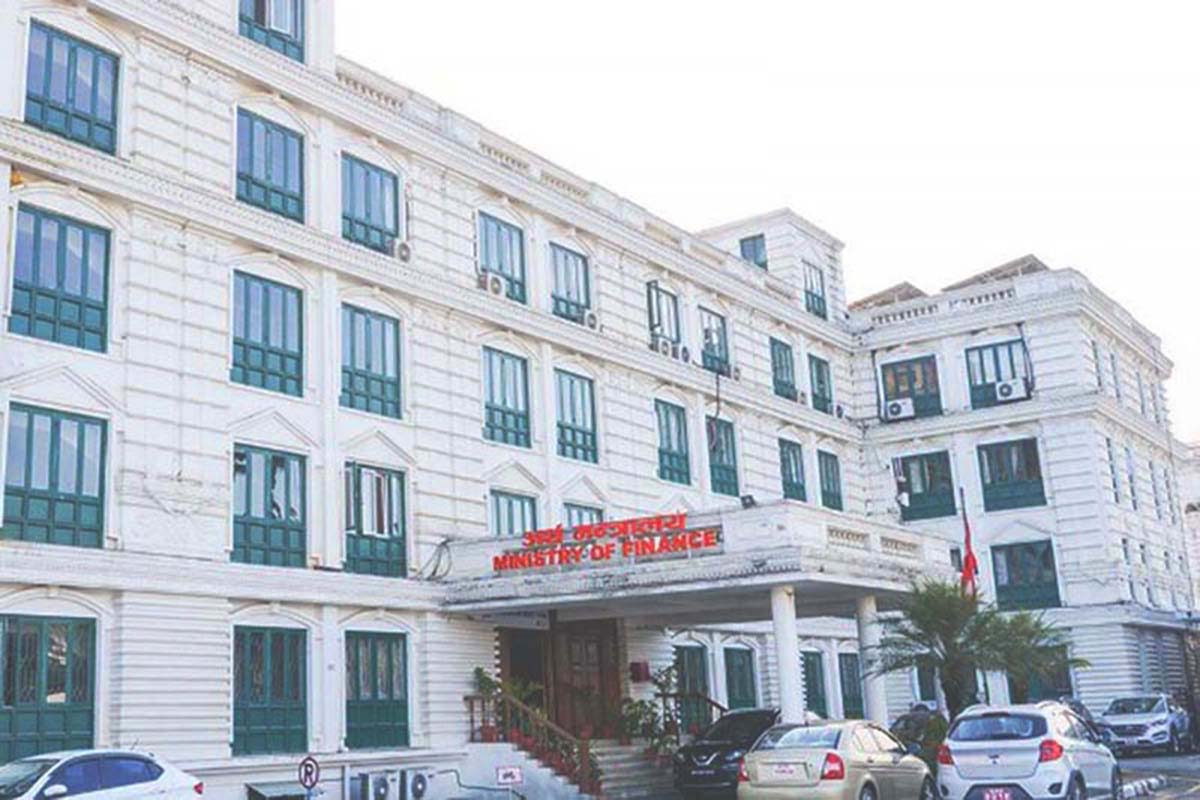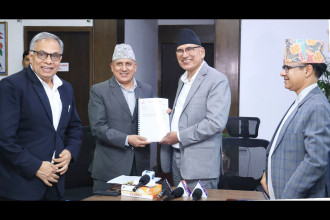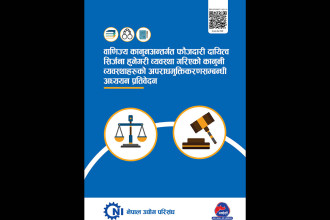
KATHMANDU: The government has prepared a draft of the Development Cooperation Mobilisation Policy, 2081 BS, aiming to enhance the management of development cooperation in response to the evolving national and international scenario in this sector.
The policy aligns with shifting priorities of international development partners, a decline in concessional loans, the growing role of the private sector, and the increasing importance of development cooperation at the provincial and local levels under the federal system.
The structure of foreign aid is undergoing changes due to challenges faced by development partners in financial management. These changes, along with the need for policy revisions to meet contemporary demands, necessitate the introduction of a progressive policy, according to the Ministry of Finance.
The new policy will focus on the effective mobilisation of development cooperation to achieve impactful results in line with the country's priorities and needs. It aims to strengthen cooperation with development partners to progress towards the Sustainable Development Goals (SDGs) by 2030, advance climate mitigation and adaptation through climate finance, and mobilise resources to support the implementation of periodic plans.
The draft policy states: "There is a need for further clarity on the mobilisation of development assistance to augment the role of the private sector in development works. Inter-agency and inter-government coordination and collaboration are required as the volume of development cooperation increases at the provincial and local levels."
The draft highlights the necessity of utilising the resources, knowledge, skills, and experience of the private sector and other development partners, as it is not possible for development efforts to gain meaningful momentum solely through government efforts and means.
It also points out the need for a new policy to mobilise and use new financial tools by internalising newer concepts, financial instruments, and methodologies of development cooperation. The draft states that after Nepal is upgraded from an underdeveloped to a developing country in 2026, there may be an impact on the concessions and facilities currently received. With the increase in per capita national income, the cost of assistance to Nepal will gradually rise, grant assistance will decrease, and the concessional loan repayment period will be reduced.
The draft proposes that development assistance received in the form of grants should not be used for tax payments. The ministry could provide tax exemption facilities upon the recommendation of the concerned ministry regarding the import of equipment and goods, or tax liability could be borne from government sources. However, for loan assistance projects, tax exemption would not be included, and tax exemption would not be granted for the import of goods produced in the country.
An employee of the International Economic Cooperation Coordination Division of the Finance Ministry stated that the draft was prepared with the objective of issuing a progressive development cooperation policy to increase foreign aid and that stakeholders are requested to provide suggestions.
By RSS



-1745233111.jpg)


